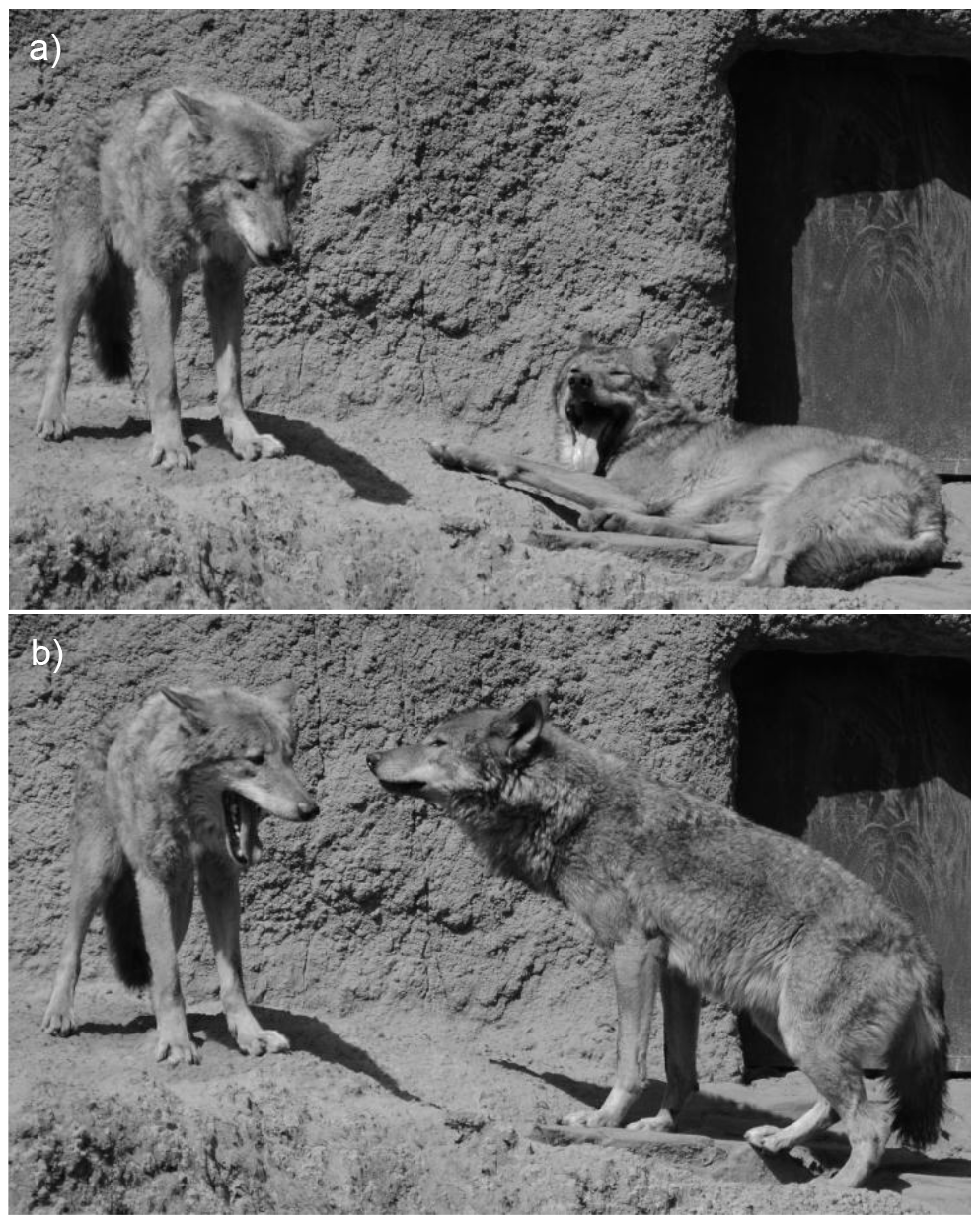We're open daily! View holiday hours
Science News
Contagious Yawns
August 27, 2014
by Molly Michelson

Yawns are contagious. In fact, even just seeing the word “yawn” can make you yawn. (I dare you to make it through this article without yawning! I won’t be offended—go ahead.)
Scientists believe that yawn contagion is linked to our capacity for empathy. Humans have varying susceptibility to contagious yawns—as do other primates, including chimpanzees, bonobos, and baboons. And last year, researchers published a study that dogs can catch yawns from humans (interspecies transfer!), especially their owners.
But do canines catch yawns because of domestication? Or as part of the broader evolutionary history of mammals? These questions motivated Teresa Romero, of the University of Tokyo, to study contagious yawns in wolves. Closely related to dogs and with a cooperative nature, wolves were the perfect subject, the team writes in a new study published today in PLoS ONE. “If contagious yawning is shared by other social mammals, we would expect it to be present in the wolf.”
Romero and her colleagues observed a pack of 12 wolves in Tama Zoological Park in Tokyo—for over 250 hours! They found that wolves do indeed experience contagious yawns, to varying degrees. For example, the strength of the pack member’s social bond with the yawning wolf positively affected the frequency of contagious yawning. Additionally, female wolves showed a faster reaction time than males.
According to the authors, the results suggest that basic building blocks of empathy might be present in a wider range of species than previously thought. “In wolves, as well as in primates and dogs, yawning is contagious between individuals, especially those that are close associates,” says Romero. “These results suggest that contagious yawning is a common ancestral trait shared by other mammals and that such ability reveals an emotional connection between individuals.”
So next time you get in trouble for yawning, explain that yawns don’t signify boredom—they signify emotional connections.
Image: Teresa Romero, PLoS ONE